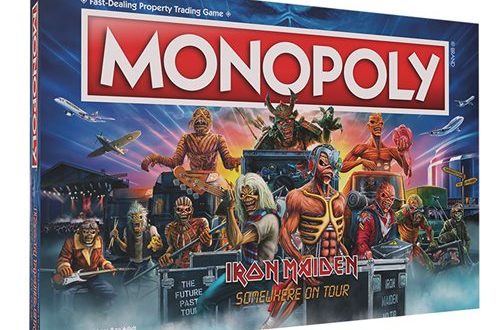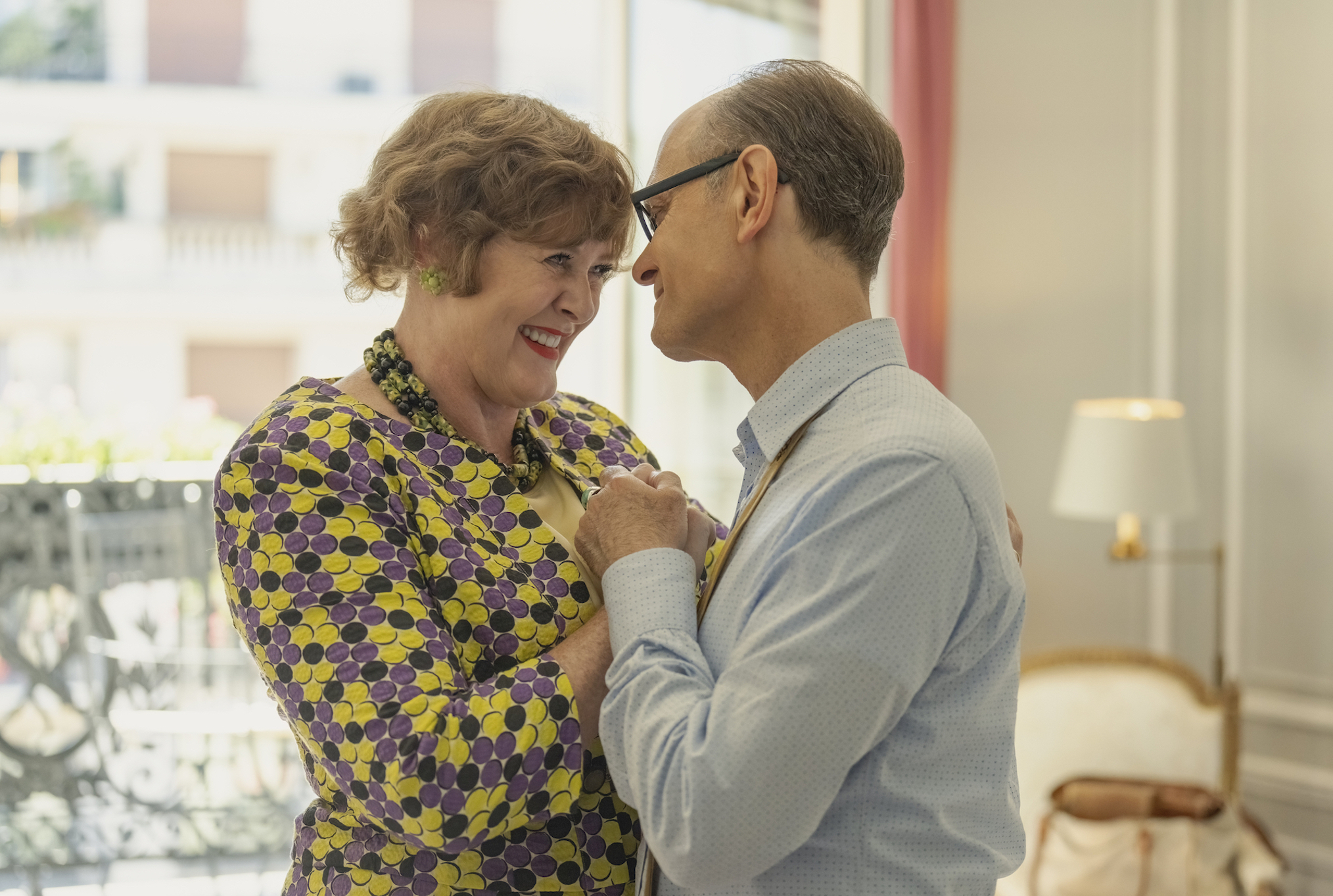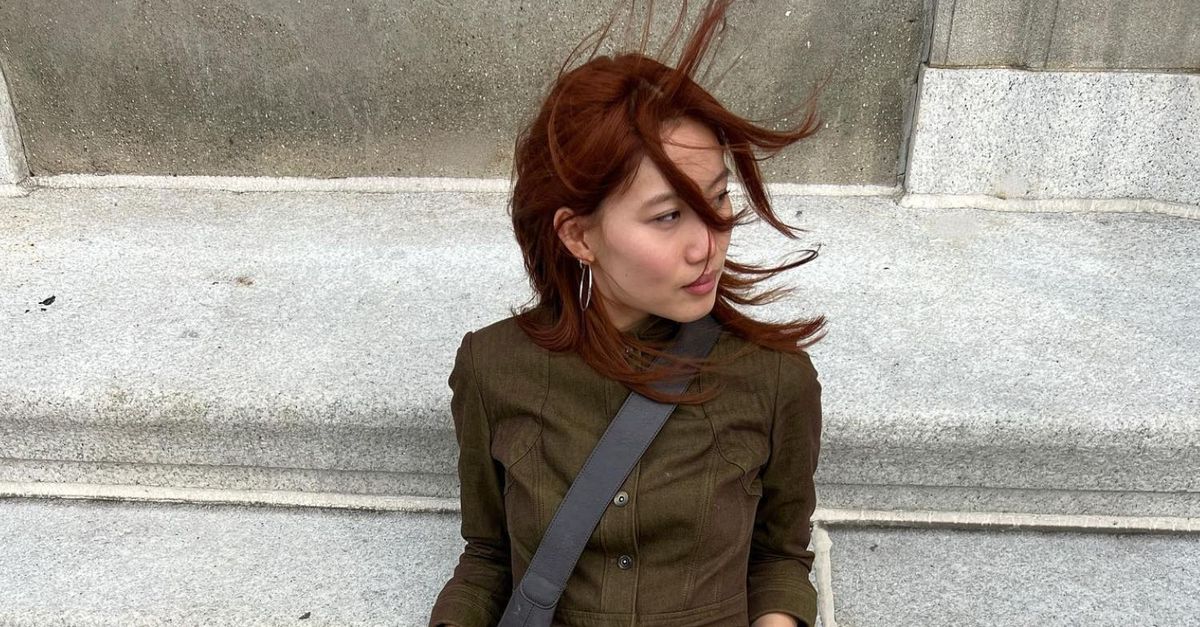The following post contains SPOILERS for Season 3 of The Mandalorian. Spoilerphobic? This is not the way.
The third season of The Mandalorian ends with an image of tranquility. Din Djarin and Grogu — excuse me, Din Grogu — now officially father and son, relaxing at their new homestead on Nevarro. There are undoubtedly more adventures to come; Din has already agreed to become a freelancer for the New Republic, using his roots as a mercenary to track down criminals. But for now, the two are together and at peace.
It’s a nice final image for a season of television — just not this season of The Mandalorian, which was largely about Din and Grogu’s role in the wider Mandalorian society, and about that society’s push to reclaim its homeworld of Mandalore. At no point this season did the heroes give any indication that what they really wanted was to live alone, separate from the rest of their Mandalorian covert. In fact, Mando turned down an offer to live on Nevarro in the Season 3 premiere. Seven episodes later, after a lot of Mandalorian politics and a few side quests, Din and Grogu wound up right back where they started.
In between, they worked closely together all year, helping support the Mandalorians’ return to their homeworld. (The main character — arguably the title character — of The Mandalorian Season 3 was really Bo-Katan Kryze, who reclaimed the all-important Darksaber and the mantle of Mandalorian leadership, and then led her people in a battle against the evil Imperial officer Moff Gideon.) Then, after all that work, Din and Grogu were sent off by the Armorer have “adventures” together. That’s why Din decides to become a mercenary for the New Republic, and to accept the offer for a piece of land on Nevarro he’d previously turned down.
If, like me, you miss the early days of The Mandalorian, when it was much more an anthology western set in space, this ending could be a good omen; a sign that The Mandalorian Season 4 will go back to basics. If that’s the case, though, what was the point of spending eight episodes on Bo-Katan and all those Mandalorians if Din and Grogu were just going to leave at the end of it anyway? Why is it supposed to be such a big deal in the season finale that Mando formally adopts Grogu? Characters already referred to Grogu as Mando’s “kid”; I basically assumed they were father and son already.
It’s questions like these that I keep returning to in the wake of The Mandalorian finale, and what was, overall, a very strange year of Star Wars television. Season 3 of The Mandalorian wasn’t necessarily “bad”; it still had some thrilling moments, a handful of fun episodes, and loads of interesting character and creature designs. But it was confusing; so much of the way it was structured was so baffling. After all is said and done, I’m less disappointed than confused.
The season started in a confusing place too. Season 2 ended on what, at the time, seemed like a really interesting cliffhanger, with Din Djarin and Grogu going their separate ways. Mando continued on as a bounty hunter for hire, and Grogu joined Luke Skywalker at his new Jedi Temple to learn the ways of the Force. How would these two characters, whose lives are so deeply intertwined, fare without one another? That seemed like a really strong place to start a season of television.
But then, in the first of a string of inexplicable decisions that really hasn’t let up since, Mando and Grogu were reunited in the span of two episodes stuck into the middle of the otherwise unrelated Book of Boba Fett series. Again, it wasn’t so much wrong or bad to shove this reunion onto another television show as it was a very odd choice. The real problem was how quickly and superficially this plot line was resolved, wherever it was going to happen.
The only lingering fallout from their separation was the fact that Din chose to remove his helmet in front of Grogu, which meant he had to redeem himself via a Mandalorian baptismal ritual. But Din completed that ritual in Episode 2 of Season 3; he spent the rest of the year mostly as an observer and occasional muscle to Bo-Katan and the Armorer as they reassembled the Mandalorian people for a return to Mandalore.
When he was asked to explain why he split up Din and Grogu only to reunite them so quickly, The Mandalorian creator Jon Favreau said in an interview that it became “clear” to him “as we were looking at what their lives would be like apart … I guess you could do Butch Cassidy and the Sundance Kid as like Butch Cassidy a few episodes and the Sundance Kid separately. But they’re both bumming. They’re both not their best selves without the other person, but yet you want to have time spent apart.”
If you wanted to feel like they’ve spent time apart, why reunite them so fast? If, as you’re meticulously planning this stuff out (Favreau has supposedly already written all of The Mandalorian Season 4), you realize that maybe Din and Grogu don’t work as well apart, why split them up in the first place?
I was confused about these questions going into The Mandalorian Season 3, and now that it’s over, I find myself just as perplexed by the whole thing. If anything I’m more bewildered now, because before the season started I assumed Favreau had some epic story in mind that he needed Mando and Baby Yoda together to tell. That turned out not to be the case; there was very little of this season that required the presences of both Mando and Grogu, and their relationship was mostly relegated to the background while Bo-Katan, the Armorer, and assorted subplots and guest stars like Jack Black and Tim Meadows took center stage.
If the show moving forward will be a return to its roots in more anthology-type stories on the outer space frontier, I’ll be glad. That still doesn’t explain why the show became Bo-Katan (Featuring The Mandalorian and Baby Yoda) this year. I’ve read some speculation that it has to do with the timing of Dave Filoni’s upcoming film, which will supposedly combine and conclude all the stories from the various Disney+ Star Wars shows like The Mandalorian, Boba Fett, and Ahsoka. That would make some sense of what we all watched these past two months. But it wouldn’t make what we watched any more satisfying from a story perspective.
In hindsight, Season 3’s final image of Mando and Grogu home at last on Nevarro would have been a lot more satisfying if it had come at the end of a full eight episodes that built off Season 2’s great cliffhanger, and followed Mando and Grogu through a debilitating separation and joyful reunion. It’s almost as if that was the plan at some point, and then the entire season was rewritten except for that final pastoral image.
Sign up for Disney+ here.

All the Unanswered Questions After The Mandalorian Season 3
It was an interesting season of The Mandalorian, but it also left us with a lot of questions about the future of Star Wars.


























































![Mason Ramsey – Twang [Official Music Video] Mason Ramsey – Twang [Official Music Video]](https://i.ytimg.com/vi/xwe8F_AhLY0/maxresdefault.jpg)















:quality(85):upscale()/2023/11/01/925/n/1922564/7d8e989f6542bf272db275.29295098_.jpg)



